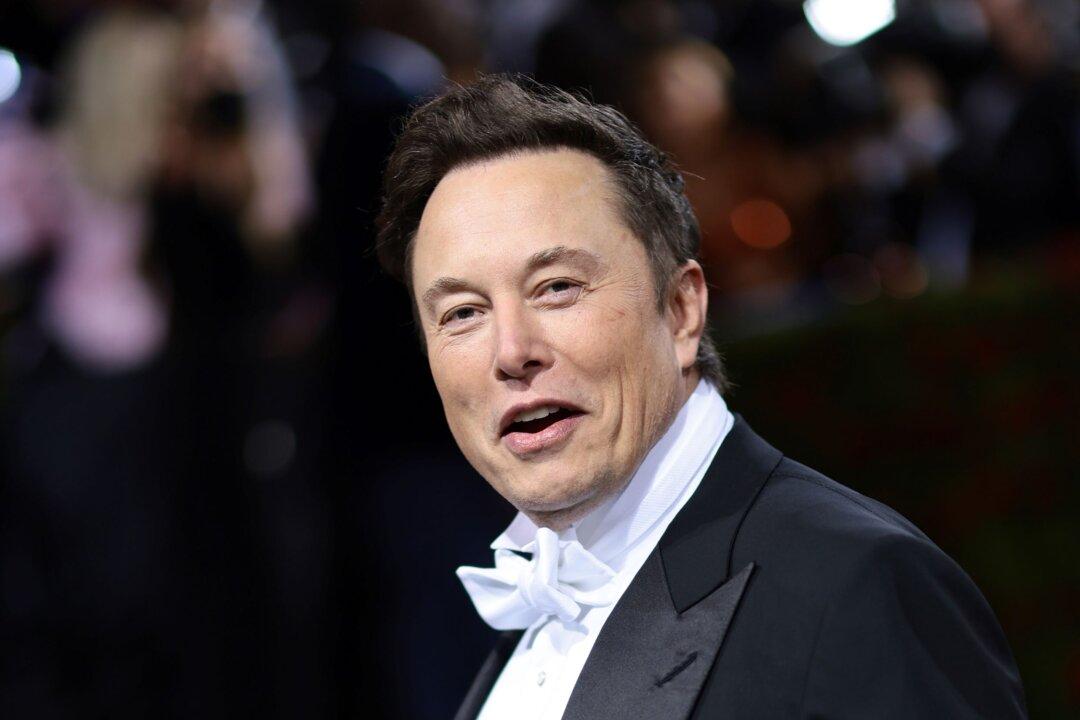President Joe Biden took a jab at Tesla CEO Elon Musk’s “super bad feeling” about the economy comment when asked about it at a Friday press briefing on the government jobs report, insisting the labor market is in good health and suggesting Musk was out of touch with reality, drawing a reaction from Musk on Twitter.
Biden made the remarks while touting the data from the newly released nonfarm payrolls report, which showed U.S. employers added 390,000 jobs in May, the unemployment rate remaining at an unchanged 3.6 percent, and the labor force participation rate edging up to 62.3 percent.





